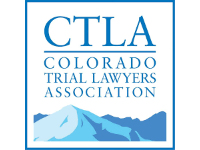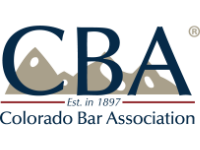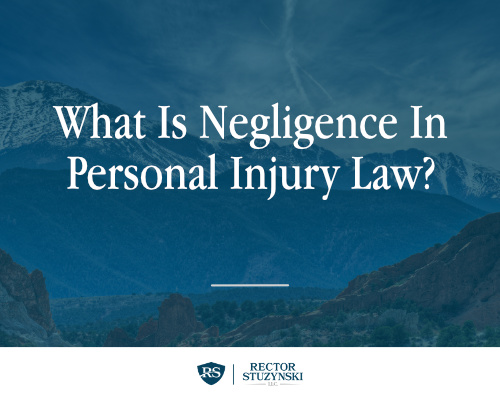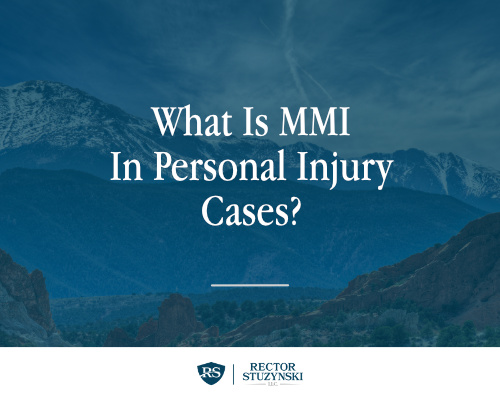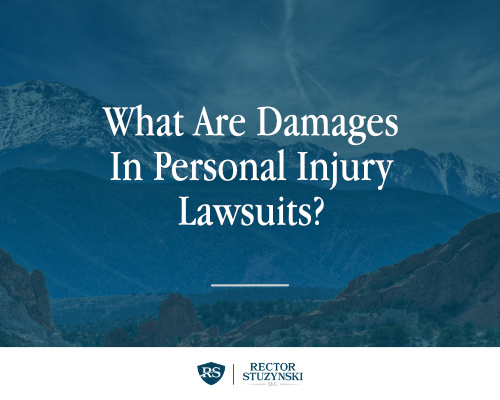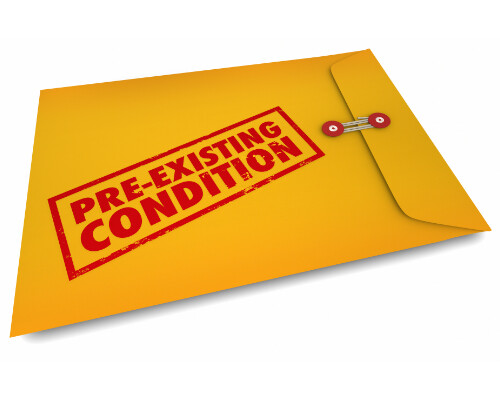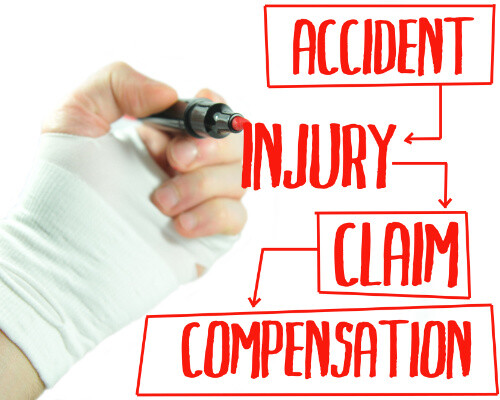We serve clients injured in the following zip codes: 80907, 80909, 80918, 80917, 80931, 80932, 80933, 80934, 80935, 80936, 80937, 80941, 80942, 80946, 80947, 80949, 80950, 80960, 80962, 80977 ,80995 ,80997 80901, 80912, 80904, 80915, 80905, 80910, 80923, 80922, 80919, 80920, 80916, 80939, 80914, 80951, 80924, 80927, 80938, 80906, 80840, 80829, 80902, 80809, 80841, 80911, 80908, 80929, 80819, 80921, 80925, 80132, 80926, 80913, 80863, 80817, 80831, 80133, 80930, 80860, 80814, 80813, 80118, 80106, 80928, 80866, 80816, 80808, 80104, 80116, 81008, 80864, 80135, 81240, 81007, 80109, 81290, 80107, 80108, 80425, 81215, 81221, 80117, 80827, 81212, 80134, 80835, 81003, 80131, 81226, 81001, 80138, 80125, 81002, 81009, 81010, 81011, 81012, 80124, 81244, 80126, 80820, 80130, 80163, 80433, 80129, 80833, 80112, 80832, 81025, 81005, 81223, 81006, 80470, 80127, 80122 and beyond.





